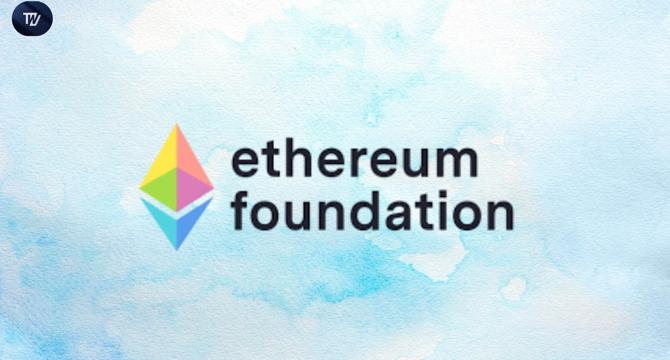TronWeekly
4w
338

Image Credit: TronWeekly
Ethereum Foundation Flags AI and Cross-Chain Features as Risk Factors
- The Ethereum Foundation released its first security report under the Trillion Dollar Security program, highlighting vulnerabilities related to cross-chain features and AI-generated code.
- Cross-chain functions introduce exploit risks due to weak message validation in bridge contracts.
- AI-generated code is identified as a security concern due to inconsistent standards and risky automation.
- Multi-hop bridges in L2 chains pose a risk of unauthorized balance minting and financial breaches.
- Semi-centralized governance in L2 networks may compromise security and transparency.
- Response systems to hacks in the Ethereum ecosystem are largely informal and delayed.
- Centralization concerns arise from validator collusion and governance concentration affecting the Ethereum base layer.
- Liquid staking protocols face risks of validator collusion for MEV theft and transaction manipulation.
- The Ethereum Foundation emphasizes the urgency to address security issues as the network's value grows.
- Governance, monitoring, and centralization are flagged as further concerns impacting Ethereum's security.
- The Foundation advocates for systemic protections and security enhancements to safeguard the protocol.
- The report underscores the need for standardized incident tracking and response frameworks.
- Security councils are proposed as upgrade controllers to address potential misuse of power in interconnected chains.
- The Foundation aims to promote transparency and security in handling cross-chain vulnerabilities and AI-generated code risks.
- Upgrade controllers can be used to prevent breaches and maintain security in semi-centralized L2 chains.
Read Full Article
20 Likes
For uninterrupted reading, download the app